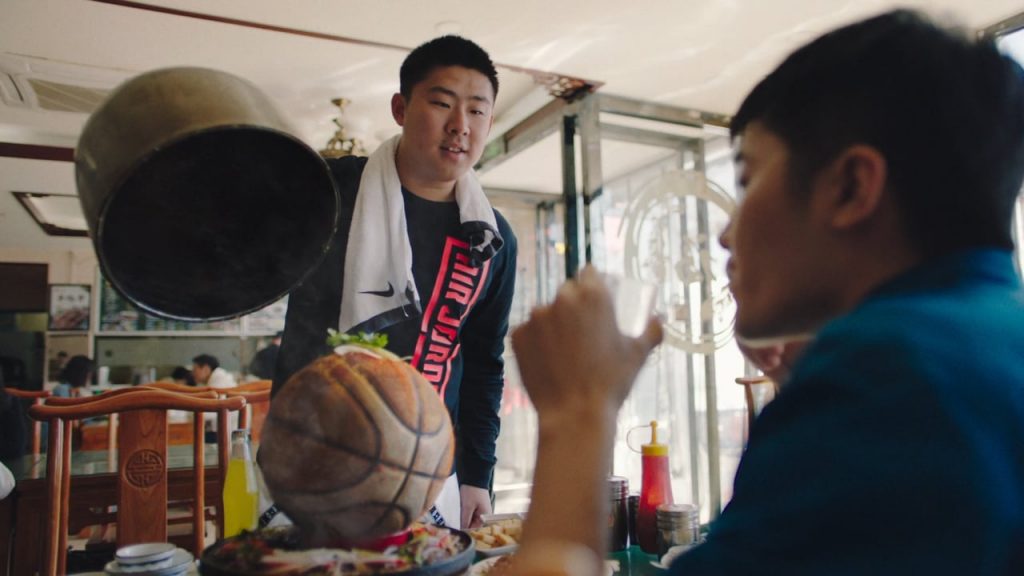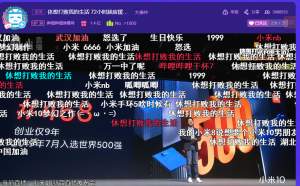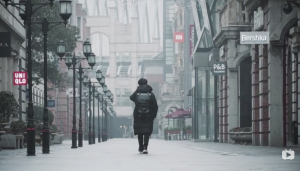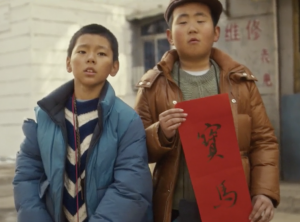
More action, less talk in NIke’s “Believe a Beijinger” series
The American sneaker and sportswear giant Nike can be ranked among the most successful foreign brands in China, thanks in large part to its intensive localization efforts. The company’s most recent results showed a 22 percent year-on-year increase in revenues from the greater China region in the third quarter of 2019, in line with a trend of high growth that spans the past five years. Nike Chief Executive Mark Parker attributed the company’s success to its understanding of domestic consumer needs: “Nike is a brand of China for China and the results continue to prove it out.”
Recent branding efforts have focused on promoting Chinese sports and fitness at the local level, connecting with Gen Z and millennial consumers in Beijing and Shanghai via campaigns tied to the distinct urban cultures of the two mega-cities.
In April, Nike released a series of humorous short videos directed by Zhang Dapeng with the title “Believe a Beijinger” (甭信我, 服我) that poke fun at the stereotype of the city’s residents as being “all talk, no action.” Instead of saying “trust me” to others, the young protagonists of the series all put great effort into their actions to show what they are capable of and win respect in the process.
The videos focus on core product areas for Nike in China — basketball, running, and soccer are most prominent — and Beijing’s cultural idiosyncrasies are highlighted via local dialect, settings and personal habits. Working with its longtime ad agency Wieden + Kennedy, Nike also organized a four-weekend basketball tournament, the Beijing99, to rank the city’s top amateur players. The prizes for players were numbered jerseys featuring colorful imagery of mythical beasts, a nod to the imperial Chinese practice of distinguishing military and civilian rank with emblems of such creatures embroidered on robes. The top player would receive a golden dragon, equivalent to the rank of emperor.
The Chinese title of the series, which translates to “don’t just trust me, be impressed by me” became a popular hashtag on Weibo, and while many brands in China are focused on breaking out of niche consumer groups to reach broader audiences, Nike has gone in the other direction, focusing instead on the cool factor that comes from targeting specific subcultures. A subsequent campaign, “Shanghai Accent,” explored Shanghainese lifestyles and how residents work out, and included another series of similarly humorous videos, along with events and sportswear and shoes supporting the theme of Shanghai’s unique culture.





